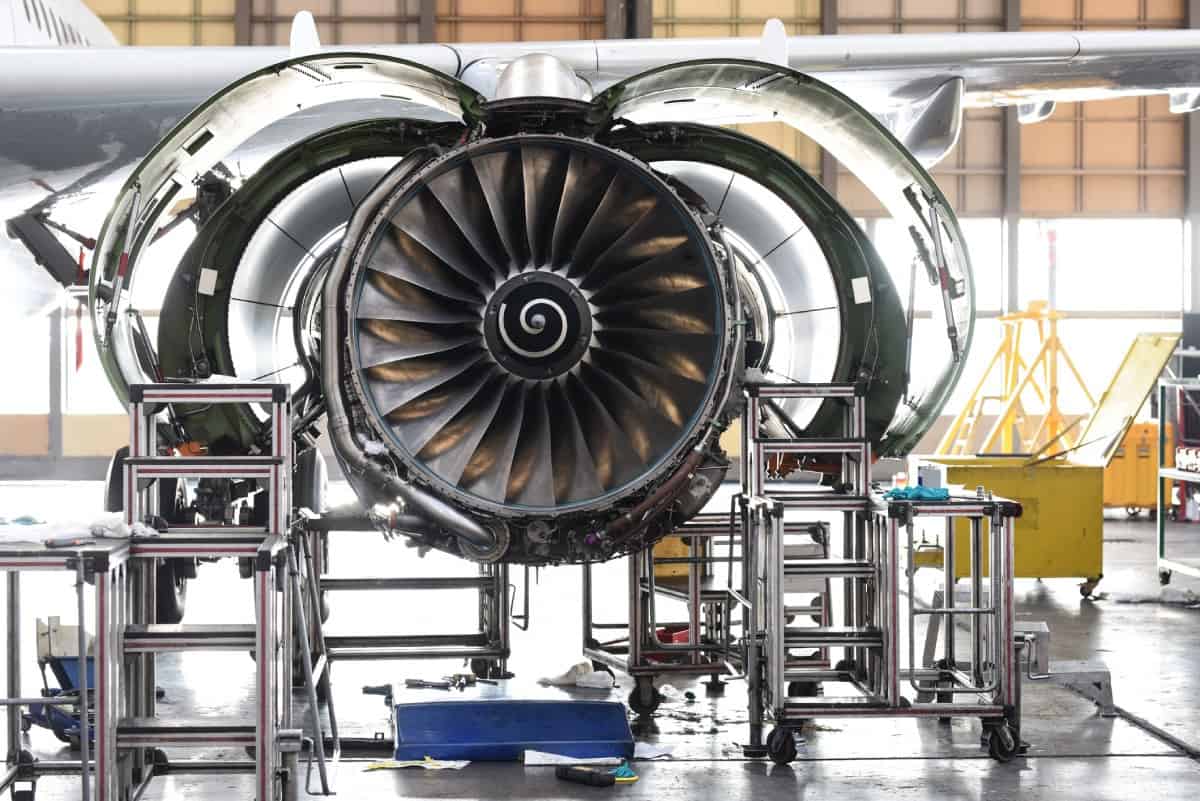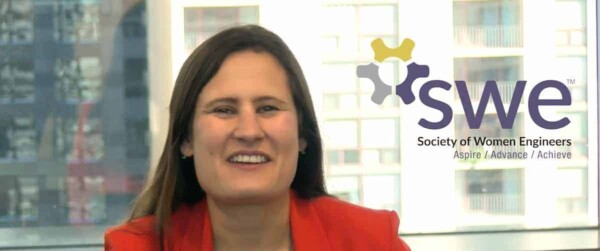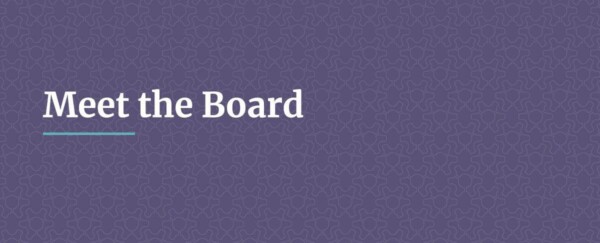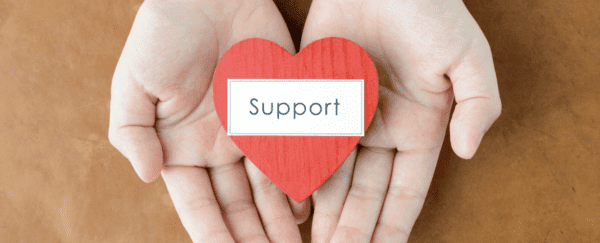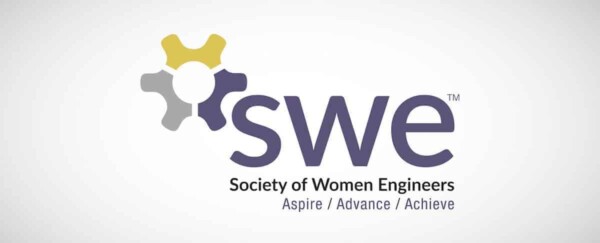Meet Jacqueline, Aerospace Engineering student at the Georgia Institute of Technology (Georgia Tech.)
Jacqueline is a senior in Aerospace Engineering. She plans to graduate from the Georgia Institute of Technology in December 2021.
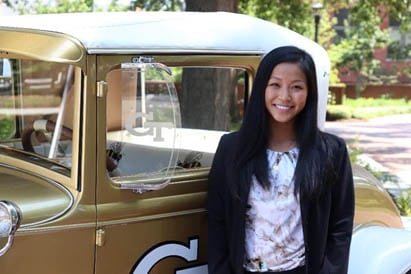 Can you tell us how you first became interested in Aerospace Engineering?
Can you tell us how you first became interested in Aerospace Engineering?
I have always loved airplanes and astronomy as a kid. I even wanted to be an astronaut at some point growing up. Then as I went through school, I started to really enjoy and excel in math and science courses, especially geometry and physics. I really liked how logical these subjects were and appreciated the critical thinking process of problem solving. I also thought it was really cool how math and physics together can be used to describe everything about our world and how it works.
What did you know about Aerospace Engineering when you were a kid?
I honestly did not know much about engineering much less aerospace engineering when I was a kid. I think that I thought engineers were people who fixed things, and that was the extent of my knowledge. I didn’t really have any close mentors or role models in my life who were engineers, so definitely don’t let that be a factor in whether you choose to pursue an engineering field. You don’t have to have grown up being surrounded by engineers and scientists to succeed in STEM. All you need is passion and hard work.
What are some really cool things that Aerospace Engineers work on?
People in my profession are doing incredible things every day. Some people are landing rovers on Mars or sending spacecraft across our solar system. Other people are designing planes that are going hypersonic which is five times the speed of sound. There are also people working on developing top secret aircraft for the government. That is just a small part of what aerospace engineering is. There is so much that is happening all the time which is something that really attracted me to the field.
What challenges have you encountered as a woman studying Aerospace Engineering, and how have you overcome them?
I’ve definitely encountered challenges as a woman studying aerospace engineering. I’ve actually had men tell me to switch out of my major into a more “female friendly” field. Then after I’ve proved that I am competent and can succeed studying aerospace engineering, I’ve been told that just because I can do well in classes doesn’t mean that I will get a job in the industry. Then after successfully obtaining internships and full-time offers, some people still don’t take me seriously in meetings or groups simply because of my gender. It’s tough when it feels like all the cards are stacked against you, but for me, that just makes succeeding and proving people wrong so much more satisfying. I think it’s important to have a healthy level of stubbornness as a woman in STEM in order to not let negative opinions get to you. I used to take a lot of what people said about me to heart, but I’ve learned to use negative comments as motivation to keep working hard and striving to achieve my goals.
Tell us about a time you failed. How did you move on from that?
When I was a freshman, I really wanted to intern for one specific aerospace company. I applied to over 10 different internship positions within the company hoping that one of them would work out. However, I did not get a single interview from any of the applications. I also got all 10 rejection emails within a 2-hour period which was devastating because it was my dream company, but it made me work harder and smarter. I knew that that was not a final decision and that I would get another chance someday. I just needed to continue learning and finding ways to improve myself. Eventually after a few years, I ended up interning with this company, and it was the most amazing feeling knowing that I persevered, and all my hard work paid off.
How might women and people from culturally diverse backgrounds bring positive contributions to Aerospace Engineering?
I believe that cultural diversity is a wonderful thing for aerospace engineering as it is for every field of study. Aerospace Engineering has been dominated by men for far too long, and we need strong female engineers to continue to bring new ideas to change the industry. There are so many instances where women have made incredible breakthroughs in this field including Elsie MacGill – the first female aeronautical engineer, Mary Jackson – the NASA engineer who was inspiration behind Hidden Figures, Wally Funk – the first female FAA and NTSB investigator and now oldest person to have gone to space, and countless others too. They not only contributed greatly to the industry with their work and knowledge, but they serve as inspiration for future generations to come, which is priceless.
Can you describe a “day in your life” studying Aerospace Engineering and share what you like most about your program at the Georgia Institute of Technology?
A day in the life of an aerospace engineer looks different from person to person. Some people spend their days working on designing new parts of aircraft or spacecraft; other people spend their time analyzing or testing different features or components; and some aerospace engineers do something completely different. I have personally had very different experiences between the internships I’ve completed. At my first internship, I worked at an aerospace manufacturer that specialized in designing interior components like seats and overhead bins. I worked on computer-aided design by updating some SolidWorks models and drawings. I also helped to rewrite their Engineering Design Process Standard Operating Procedure (SOP) which gave me some exposure to the operational side of things. At my second company, which was an airline, I created maintenance projects for inspecting and modifying commercial aircraft structures like the fuselage, wings, and landing gears. I wrote work instructions for mechanics to use to do work on the aircraft in order to make the aircraft safer and more reliable. Then I spent a summer at a defense contractor where I simulated aircraft fuselage sections and analyzed the stress fields on aircraft skin through finite element analysis (FEA). Finally, most recently I worked with a reusable rocket manufacturer where I got to work on analyzing the thermodynamics and fluid properties associated with pressurized rocket tanks. All of these experiences were very different which led me to gain a lot of breadth in various areas of the industry.
The thing I love most about Georgia Tech and the School of Aerospace Engineering is the number of opportunities there are. I have been extremely fortunate to have been able to do research on aircraft, join awesome organizations (shoutout to SWE), get cool internships, study abroad in Europe, and even travel around the globe. Through all these experiences, my eyes have been open to the endless possibilities that exist in our world. I have also met so many incredible people and made friendships that I will cherish for the rest of my life. Because of all of this, I will forever be grateful for my time at Georgia Tech!
Can you share any advice for our readers who might be considering going to school for Aerospace Engineering?
The best piece of advice I can give to young girls considering going to school for aerospace engineering is to believe in yourself and be your own biggest supporter. Aerospace Engineering is hard, but don’t let that scare you because it is 100% worth pursuing. There is no limit to what you can achieve as long as you dream big and work hard. The sky is not the limit when aerospace engineers are out exploring the universe.
Authors
-

SWE Blog provides up-to-date information and news about the Society and how our members are making a difference every day. You’ll find stories about SWE members, engineering, technology, and other STEM-related topics.
-

Allison Osmanson is a Materials Science and Engineering PhD student at the University of Texas at Arlington. She holds a Master’s degree in Materials Science and Engineering from the University of North Texas and she earned her Bachelor’s degree in Materials Science and Engineering from Washington State University. She plans to graduate in December 2021, after which, she will be a Microelectronics Packaging Engineer at Texas Instruments in Dallas, Texas.

